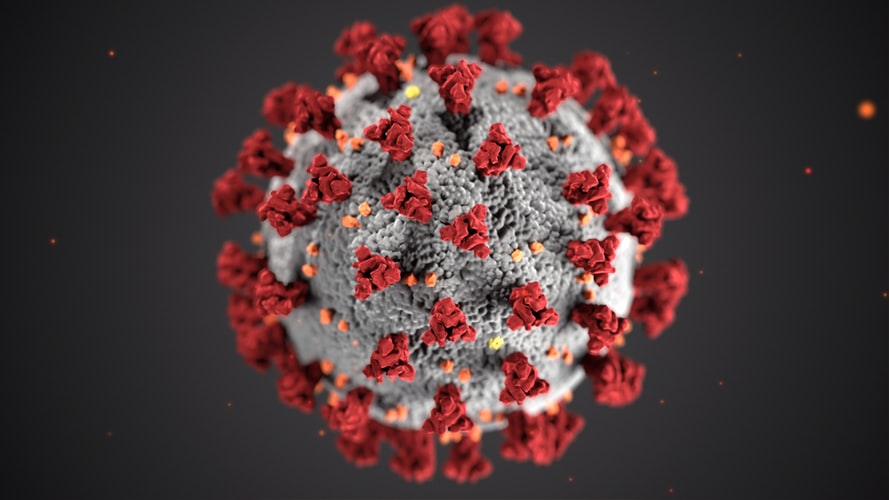
NCDHHS, Universities, Health Systems Partner to Study COVID-19 Cases with Mild or No Symptoms
Raleigh, N.C. -- North Carolina Health and Human Services Press Release Apr 17, 2020 Governor Roy Cooper today announced that the North Carolina Department of Health and Human Services (NCDHHS)
is working with academic partners across the state to understand how widespread cases of COVID-19 with mild or no symptoms are in the state and to monitor prevalence of the disease over time.
“North Carolina’s actions to flatten the curve and fight COVID-19 are working. We know we need more testing of all types, and this research partnership will help us better understand the virus so we can keep our communities safe as we seek to ease restrictions,” said Governor Cooper.
NC DHHS is collaborating with the University of North Carolina at Chapel Hill, Duke University, and East Carolina University to assess changes in COVID-19 prevalence in Chatham, Pitt, Cabarrus counties. Participants will be recruited across different populations and monitored over several months to understand the spread of the virus.
“We have to focus our collective resources – across government, private and public sectors – to defeat this virus. Our research partners are integral to winning the fight,” NCDHHS Secretary Mandy Cohen, MD said.
“These studies will seek to address some important knowledge gaps while building on existing partnerships including the North Carolina Partnership for Excellence in Applied Epidemiology, a collaboration between the DHHS and UNC Chapel Hill,” said Dr. Allison Aiello, Professor of Epidemiology at UNC.
The research is part of a coordinated statewide effort to learn more about what percentage of people have no symptoms and better understand the true number of COVID-19 infection in the state.
Earlier this week, Governor Cooper charted a path forward for combating COVID-19 and easing certain restrictions. The plan focuses on the need for testing, tracing and trends to move in the right direction.
To learn more about Governor Cooper’s path forward for North Carolina and how testing, tracing and trends will help determine when to loosen restrictions for COVID-19, visit nc.gov/covid19.


 How to resolve AdBlock issue?
How to resolve AdBlock issue? 